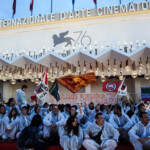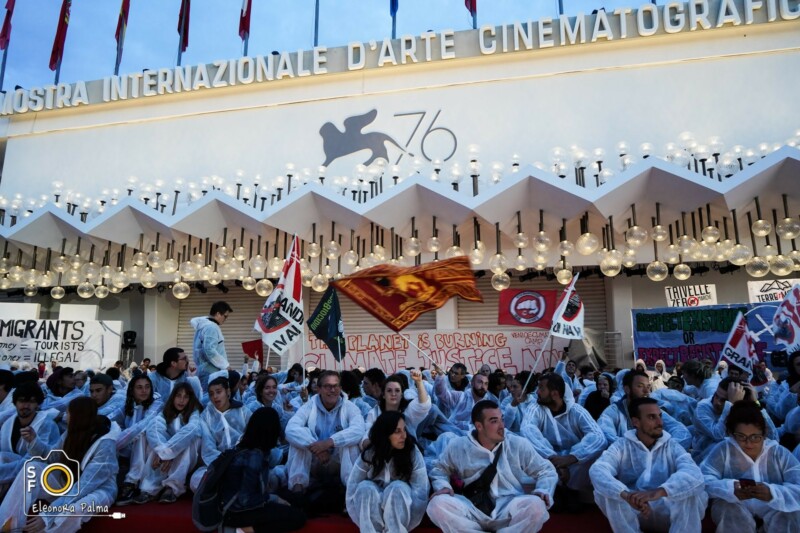Podcast

Antonio Negri’s intervention starts from Boltanski and Chiapello’s concept of „artistic critique“, a formula which, in relation to the ’68 movement, indicates a new instance born within the immaterial and cognitive transformations of labor, an instance of liberation and refusal of work. The multitude engaged in this new artistic mode of production does not uniform itself into a mass, but is composed as a network of associated singularities. The preferred assemblage technology is precisely the assembly.
Shifting the focus of his analysis to the last twenty years, Negri proposes a critical analysis of the action of disciplining bio-powers on the multitude. Against reactionary impulses and sad passions such as resilience, the Italian philosopher traces possible new paths for the production of the commonwealth within the chaos of the climate crisis and the pandemic.
Part of Episode X: “The Politics of Multitude”
With Antonio Negri, Anna Clara Basilicò & Marco Baravalle
(Italian Version)
8. November 2021 – Laboratorio Occupato Morion, Venice / Italy
In collaboration with Goethe Institut: Performing Architecture
Biography
Antonio Negri is an Italian philosopher and activist. He has taught at the University of Padua, at the Ecole Normale Supèrieure and other European, American and Asian universities. His books have been translated into different languages and have established him as one of the most relevant thinkers at international level. Together with Michael Hardt he is the author of Empire (2000), Multitude (2004), Commonwealth (2009) and Assembly (2017). He is among the members of the international collective Euronomade.




